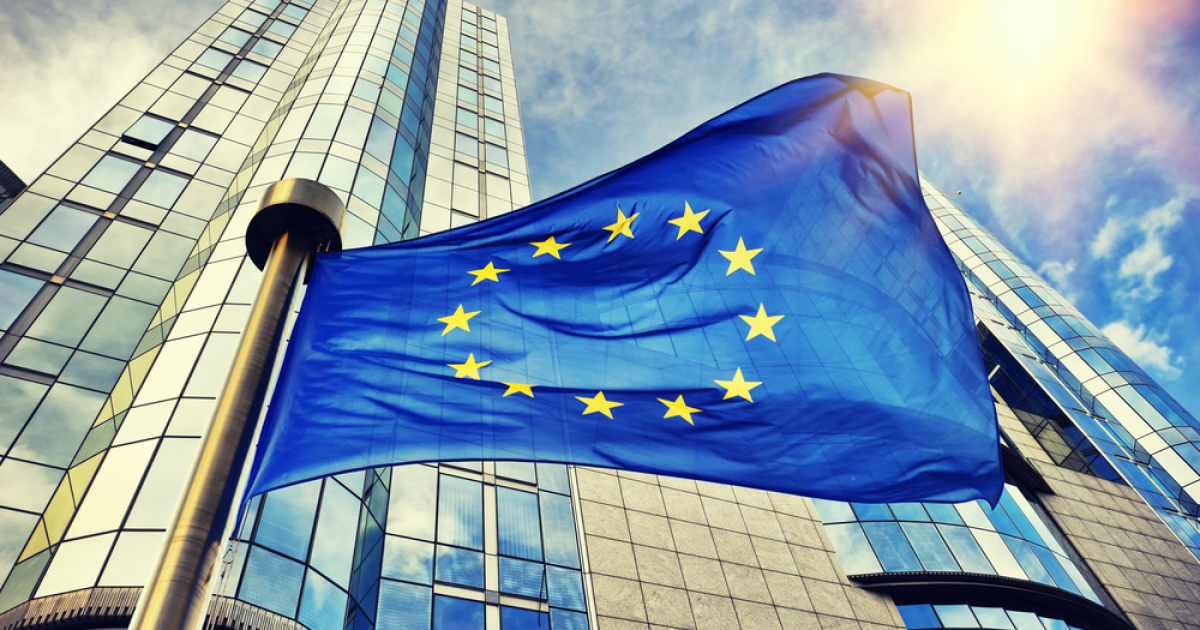
In particular, support is provided for electricity prices for energy-intensive consumers
On June 25, the European Commission adopted a new state aid system to support the Clean Industry Agreement (CISAF).
The new system allows member states to promote the development of clean energy, industrial decarbonization, and clean technologies.
CISAF defines the conditions under which countries can provide support for certain investments and objectives in accordance with EU state aid rules. The scheme will run until the end of 2030, providing long-term predictability for member states and businesses. It replaces the Temporary Crisis and Transition Framework (TCTF), which has been in place since 2022.
This framework simplifies state aid rules in five key areas:
- the deployment of renewable energy and low-carbon fuels,
- temporary reductions in electricity prices for energy-intensive users to ensure the transition to affordable clean electricity,
- the decarbonization of existing production capacities,
- the development of clean technology production capacities in the EU,
- reducing the risks of investing in clean energy, decarbonization, clean technologies, energy infrastructure projects, and those that
- support the circular economy.
In particular, member states may provide support for electricity prices to companies operating in sectors that are particularly open to international trade and are energy-intensive. This will reduce costs for consumers who face higher costs than competitors in regions with less ambitious climate policies. In exchange for price support, companies will be required to invest in decarbonization.
The new system was commented on by the German Steel Industry Association (WVStahl). As Kerstin Maria Rippel, managing director of WVStahl, noted, it came at the right time, as steel companies are facing difficulties with energy costs. For many, high electricity prices have become a risk to their location and competitiveness.
She emphasized that the important German aid measures announced in the coalition agreement are only announcements that need to be implemented urgently. In particular, network usage tariffs must be reduced immediately.
“To ensure competitiveness and create planning security for the transition to climate neutrality, we now need a truly competitive price for industrial electricity – without any ‘ifs’ or ‘buts’. Other countries, such as France and Italy, are showing how this can be done if there is political will,” Rippel emphasized.
WVStahl noted that CISAF makes it clear that the EC also recognizes the need for such decisions and welcomed the statement by German Minister of Economy and Energy Katharina Reiche that a concrete concept for industrial electricity prices will be presented in the near future.
It should be recalled that the transition to low-carbon steel production technologies will significantly increase electricity consumption, making its price a key factor in the competitiveness of future green steel production. This is stated in a new study by GMK Center, “EU electricity market: challenges for green transition in steel industry.”




